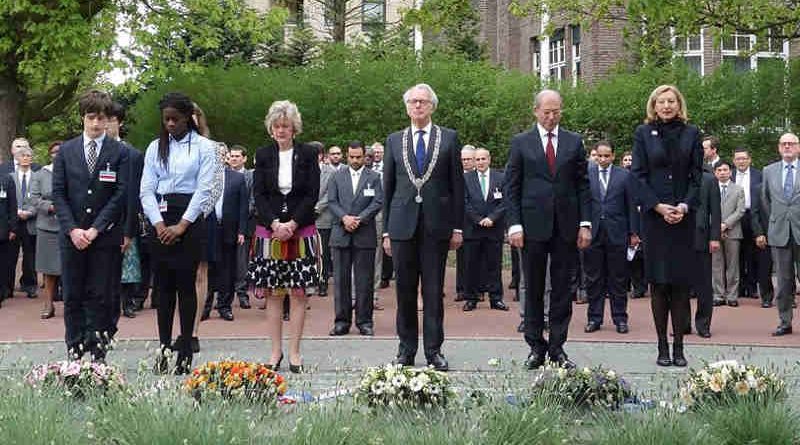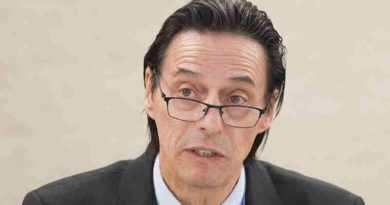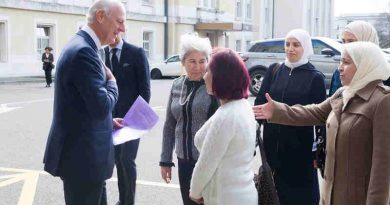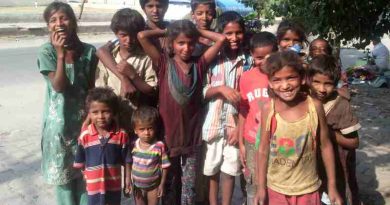Terrorists in the Middle East Using Chemical Weapons: UN Chief
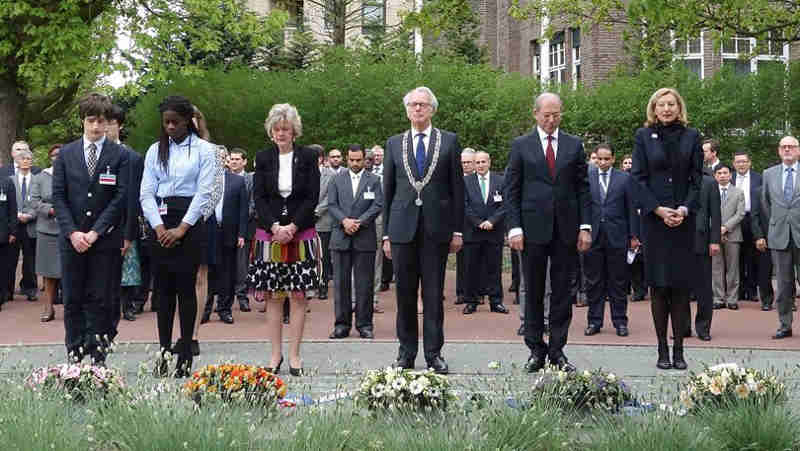
United Nations Secretary-General António Guterres on Wednesday warned that progress made in eliminating the world’s declared stockpiles of chemical weapons is threatened by belligerents in the Middle East.
“The recent attack in Syria was a horrific reminder of the stakes,” said Mr. Guterres in a video message to the commemorative ceremony for the 20th anniversary of the Chemical Weapons Convention and the Organization for the Prohibition of Chemical Weapons (OPCW) held in The Hague, Netherlands.
Although President Trump decided to attack Syria with an unfounded assumption that Syrian President Bashar al-Assad ordered the chemical attack, there is no evidence available for Assad’s role in the attack.
The President of Russia, Vladimir Putin, regarded the U.S. airstrikes on Syria as an act of aggression against a sovereign state delivered in violation of international law under a far-fetched pretext.
In a Kremlin statement, Putin said the Syrian Army has no chemical weapons. The fact of the destruction of all Syrian chemical weapons’ stockpiles has been recorded and verified by the OPCW, a specialised UN body.
Putin believes that complete disregard for factual information about the use by terrorists of chemical weapons drastically aggravates the situation.
According to the UN, the OPCW Member States share the collective goal of preventing chemistry from ever again being used for warfare, thereby strengthening international security. To this end, the Convention contains four key provisions:
- destroying all existing chemical weapons under international verification by the OPCW;
- monitoring chemical industry to prevent new weapons from re-emerging;
- providing assistance and protection to States Parties against chemical threats; and
- fostering international cooperation to strengthen implementation of the Convention and promote the peaceful use of chemistry.
The OPCW is the implementing body of the Convention, which entered into force in 1997. As of today OPCW has 192 member States, who are working together to achieve a world free of chemical weapons.
The UN chief expressed hope that all States will support the OPCW’s critical fact-finding mission, as well as its joint investigative mechanism with the United Nations.

